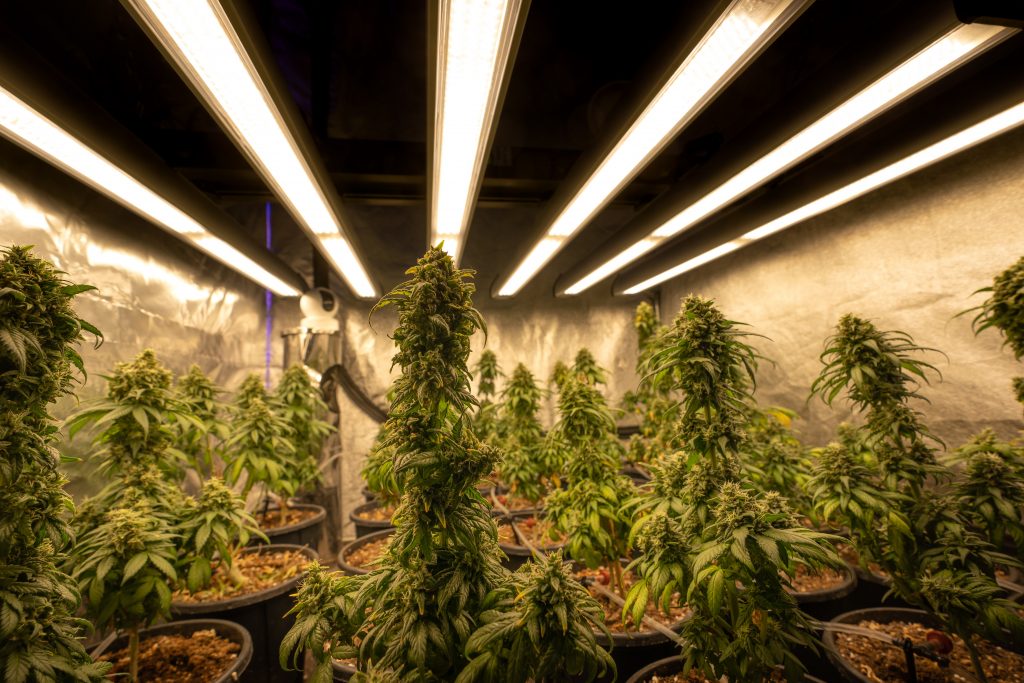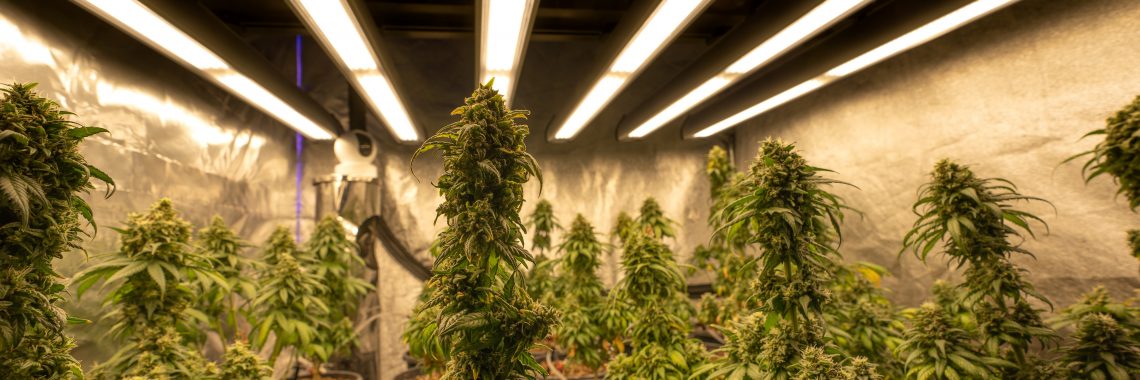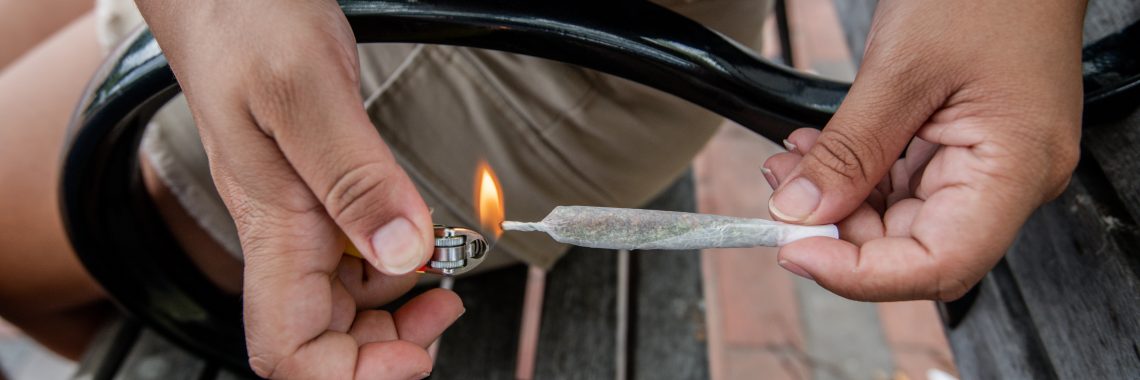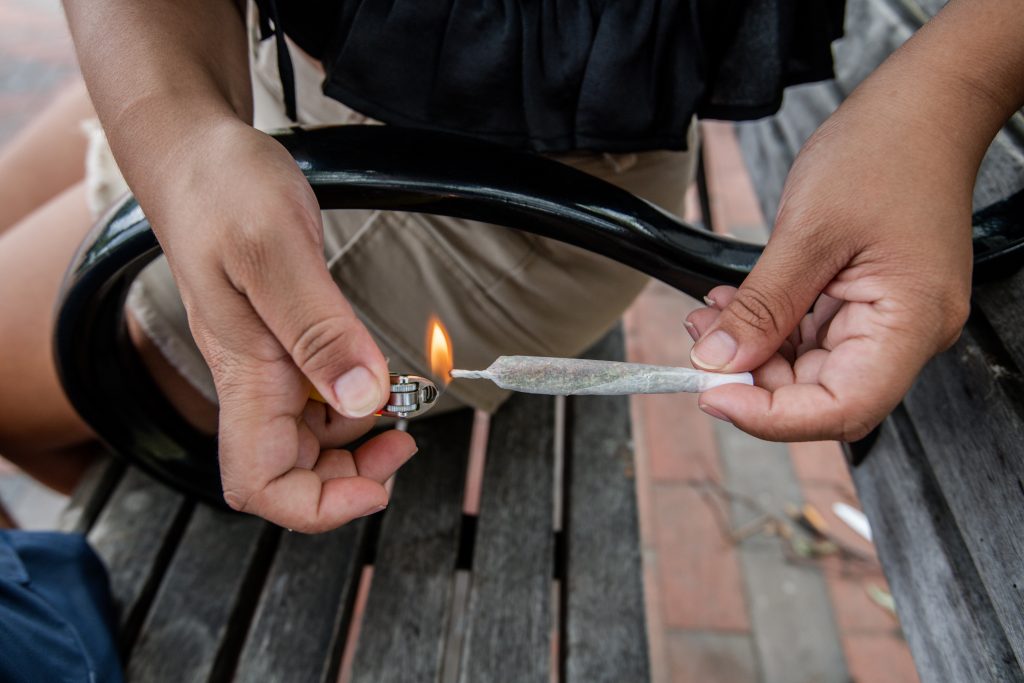Another Study Underscores Marijuana a Danger for Adolescents

A new study further underscores that marijuana poses serious risks to teenagers.
The findings published in the journal Nature Communications examined the risk to brain development in adolescents who smoke or eat marijuana. Researchers observed that marijuana use during adolescence is associated with an increased risk for psychiatric disorders and cognitive problems. The study found marijuana use was linked to changes to the structure of microglia — specialized immune cells in the brain that may increase the risk for schizophrenia.
Marijuana use is also linked to serious heart and brain problems as well as health risks for unborn children.
Studies like these underscore that Arkansans were right to reject the proposed marijuana amendment last November. Marijuana is a multibillion dollar industry backed by very powerful entities. Despite that, voters in Arkansas chose not to legalize marijuana.
As we have said for years, marijuana may be many things, but “harmless” simply is not one of them.
Articles appearing on this website are written with the aid of Family Council’s researchers and writers.




